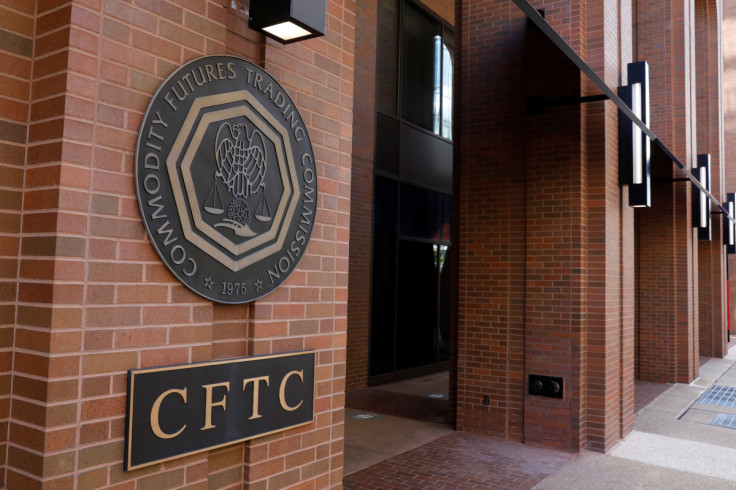Now CFTC Says Ether and Tether Too Are Commodities, Court Filing Reveals
KEY POINTS
- Last month, CFTC chief said in an event at Princeton University that the only crypto to be viewed as a commodity is Bitcoin
- In October, the CFTC chief said that Bitcoin and Ether both are commodities
- CFTC Chief: "I've suggested [Ether] is a commodity, and Chair Gensler thinks otherwise"
The Commodity Futures Trading Commission (CFTC), in a new court filing, deemed Ethereum's Ether and Tether's USDT as a "commodity."
The CFTC noted in a lawsuit filed against crypto derivatives exchange FTX, its sister company Alameda Research and its founder Sam Bankman-Fried that "Certain digital assets are 'commodities,' including Bitcoin (BTC), Ether (ETH), Tether (USDT) and others, as defined under Section 1a(9) of the Act, 7 U.S.C. § 1a(9)."
The court document underlined that aside from Bitcoin, the U.S. regulator now considers Ether and USDT, among others as commodities.
According to the CFTC, as per their filing today, ETH is a commodity. This really should put any security designation to rest. pic.twitter.com/PkHWredNK4
— Hal Press (@NorthRockLP) December 13, 2022
But, it may be recalled that there were disagreements within the CFTC in classifying ETH as a commodity.
Last month, CFTC chief Rostin Behnam at an event at Princeton University mentioned that Bitcoin is the only crypto asset that can be viewed as a commodity.
Interestingly, in October, the CFTC chief at a Rutgers Law, Wall Street Blockchain Alliance, and Lowenstein Sandler event in Manhattan, said that Bitcoin and Ethereum are both commodities.
"I've suggested [Ether] is a commodity, and Chair Gensler thinks otherwise," Behnam said.
The Securities and Exchange Commission chairman Gary Gensler during an interview with Jim Cramer on June 27 confirmed that Bitcoin was a commodity noting that "That's the only one I'm going to say."
After the initial coin offering of Ether, Gensler suggested that the crypto was a security that had become more centralized and turned into a commodity.
But, his position about Ether appeared to have changed again in September after Ethereum transitioned to proof-of-stake (PoS).
At the time the SEC chairman argued that staked tokens may constitute securities under the Howey test.
The classification of assets in the U.S. is crucial because the CFTC regulates commodities futures while the SEC regulates securities.
While U.S. regulators appeared to be conflicted about the cryptocurrencies' classification, Belgium has taken a solid stance on the designation.
The country's Financial Services and Markets Authority said on November 22 that Bitcoin, Ether and other crypto assets issued by computer code do not constitute securities.
"If there is no issuer, as in cases where instruments are created by a computer code and this is not done in execution of an agreement between the issuer and investor (for example, Bitcoin or Ether), then in principle the Prospectus Regulation, the Prospectus Law and the MiFID rules of conduct do not apply," the FSMA said.
"Nevertheless, if the instruments have a payment or exchange function, other regulations may apply to the instruments or the persons who provide certain services relating to those instruments," it added.

© Copyright IBTimes 2024. All rights reserved.






















